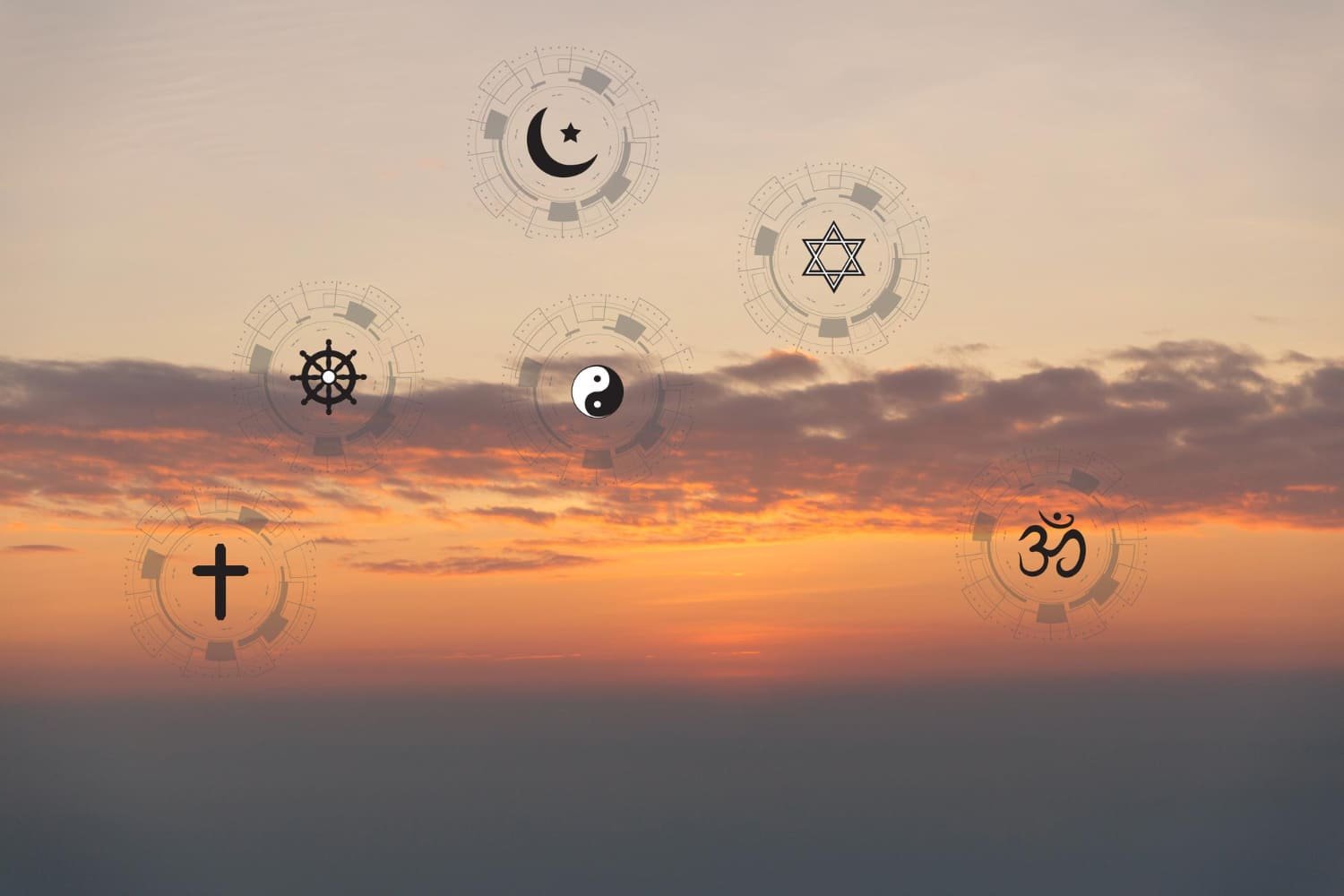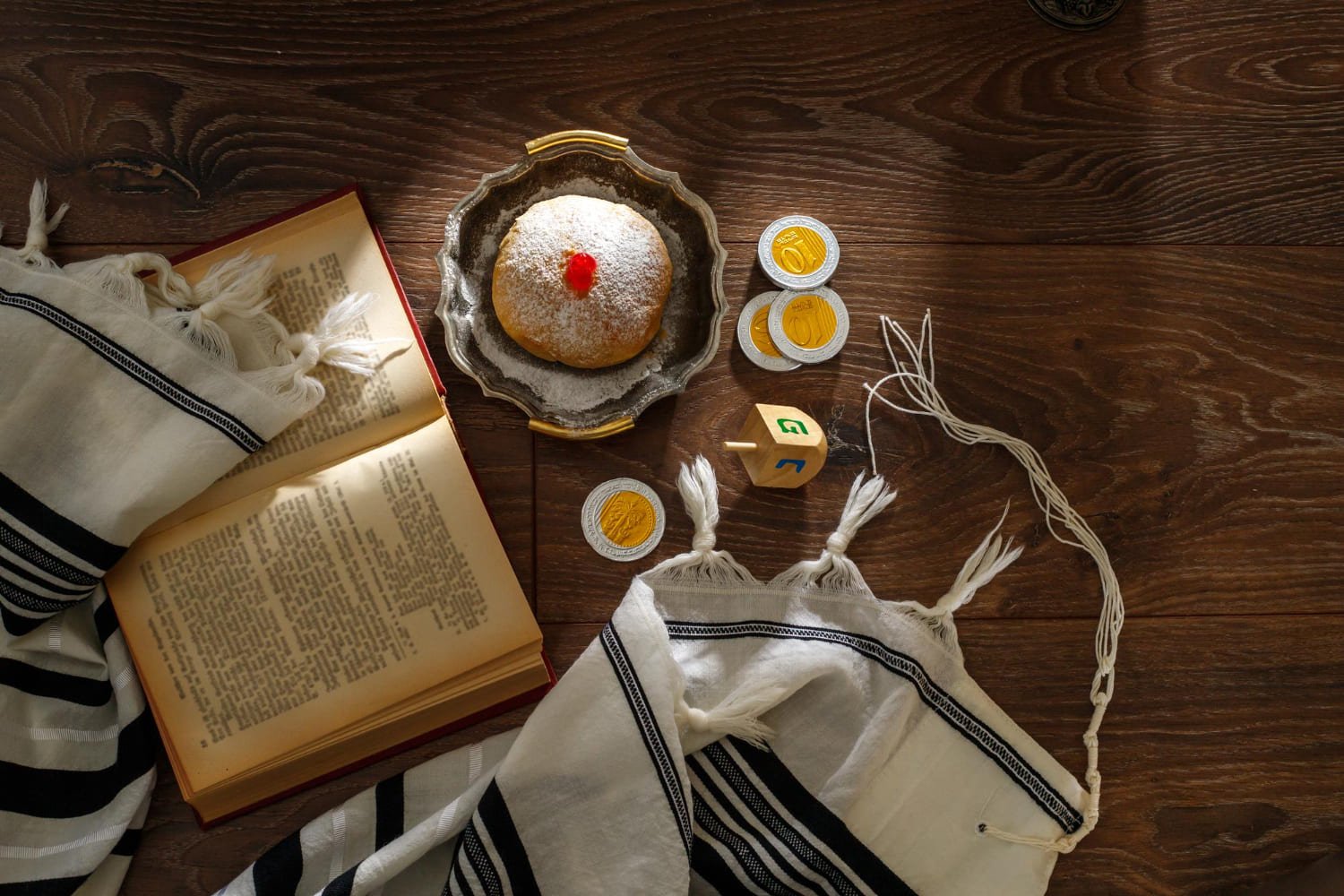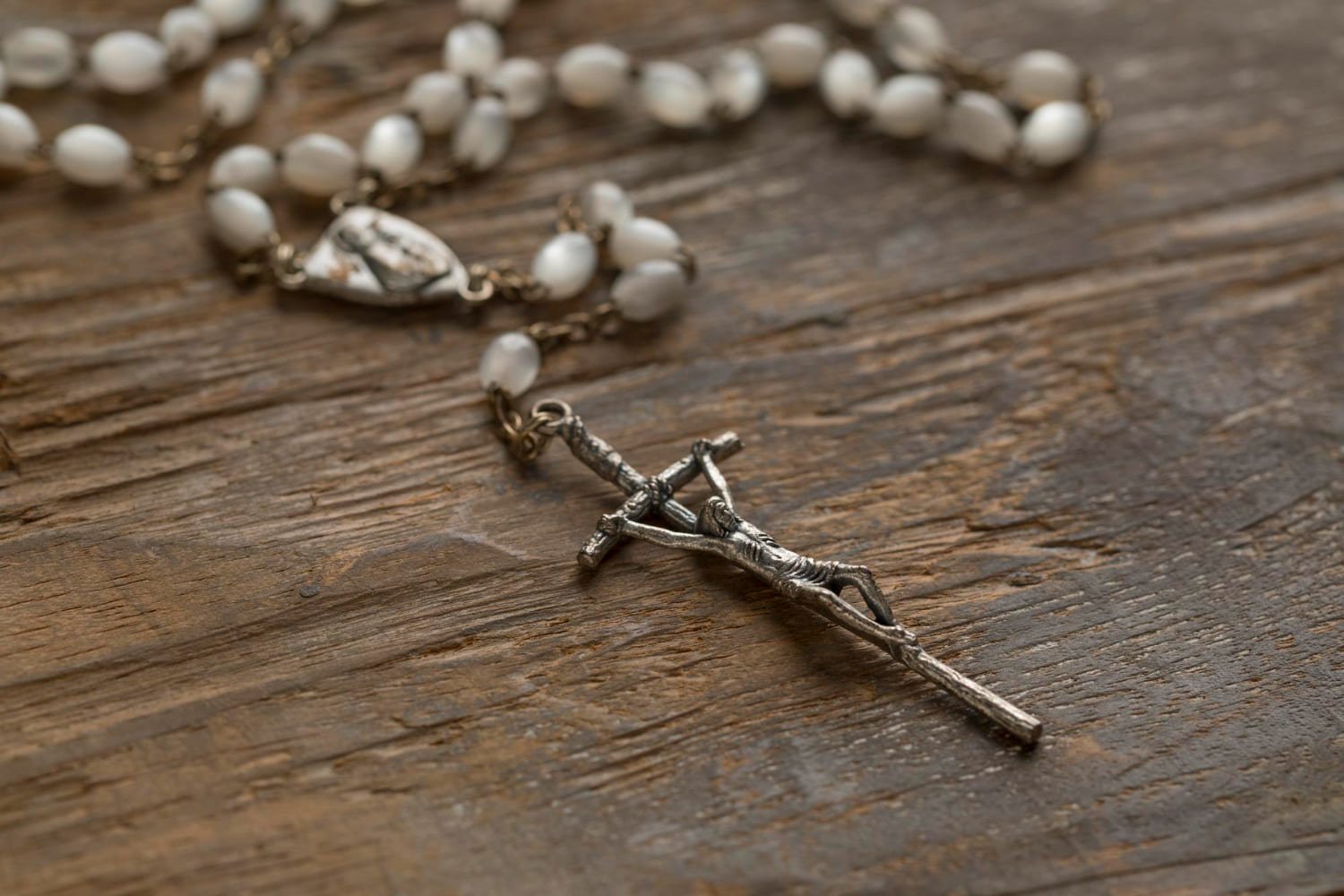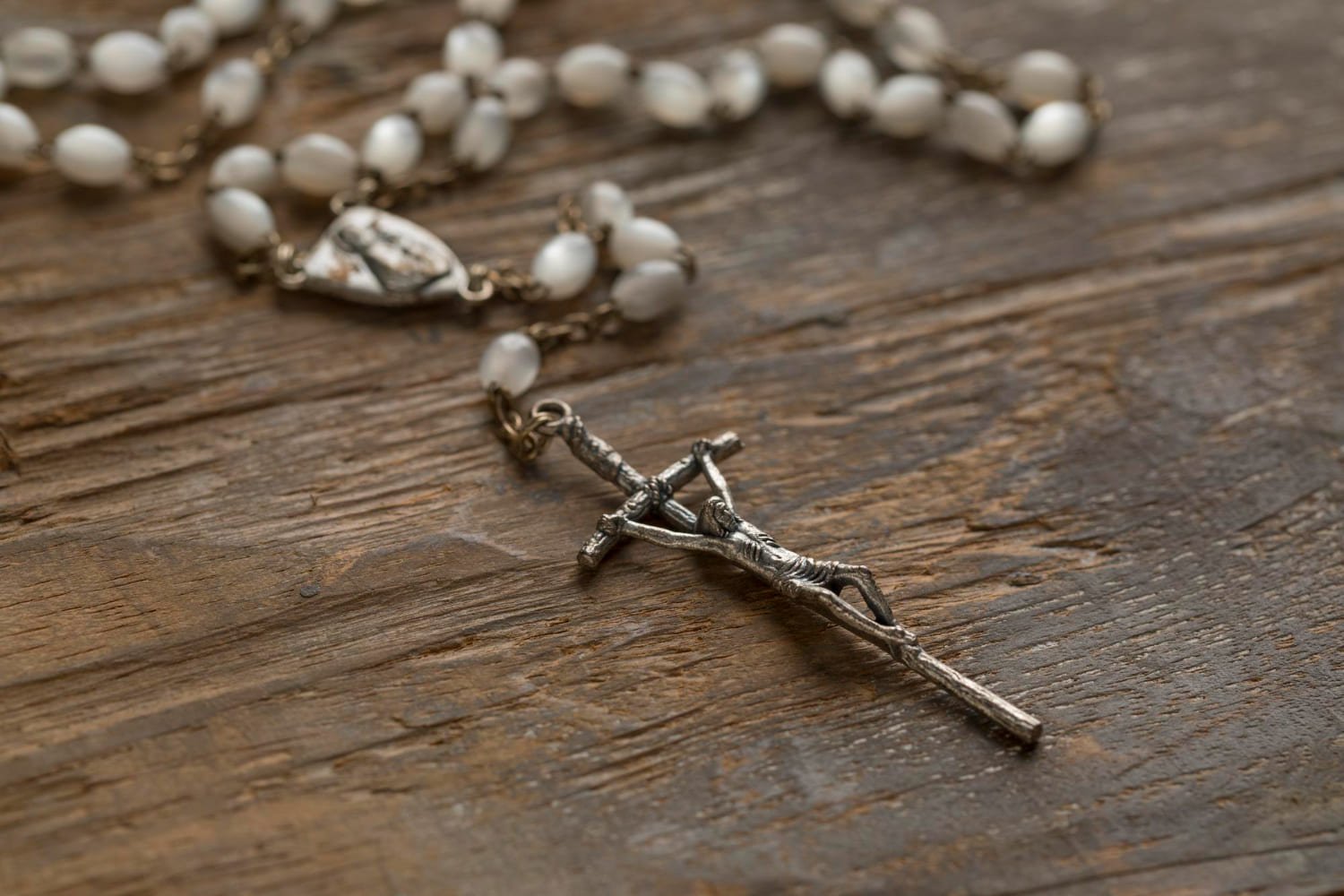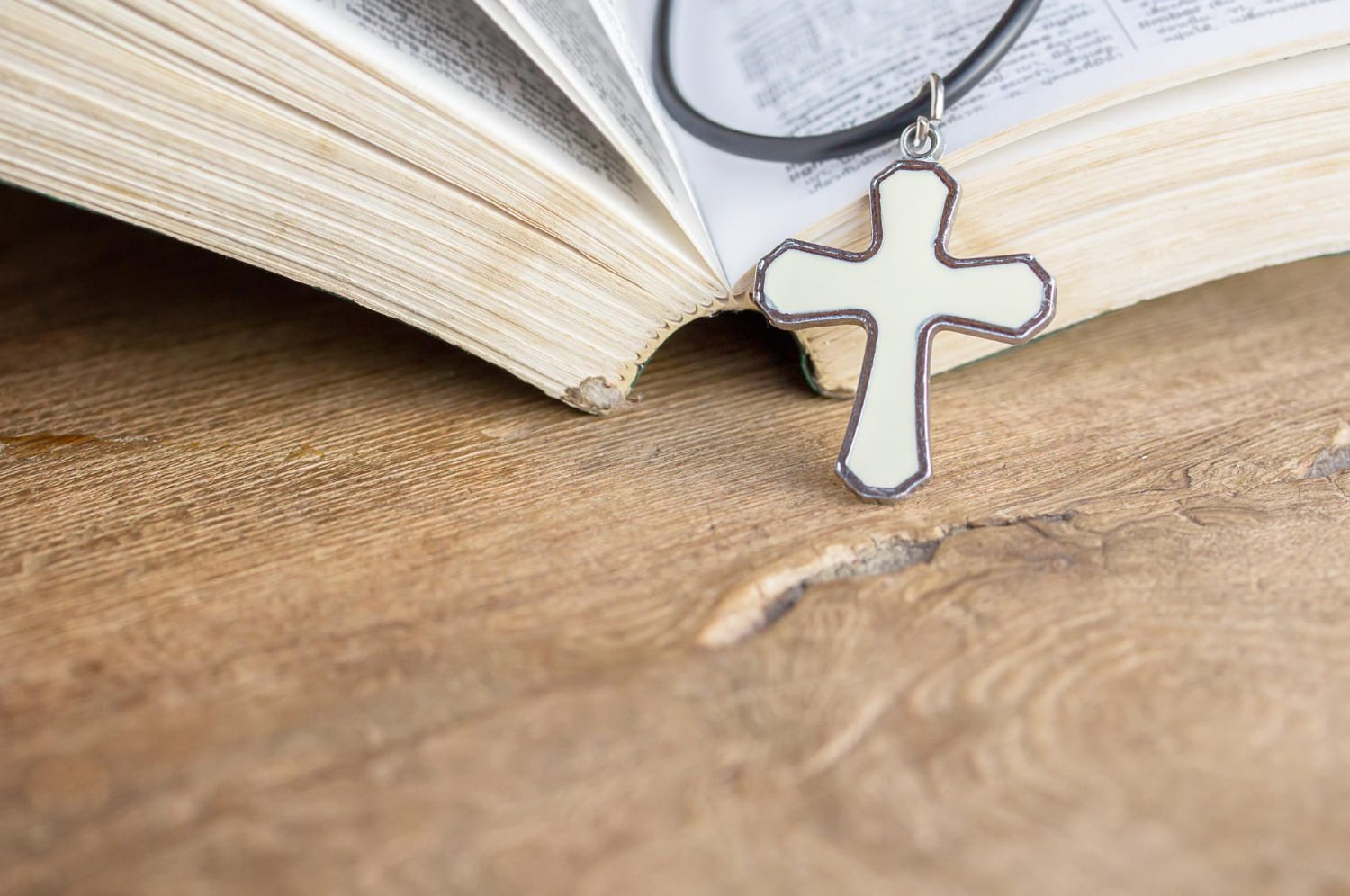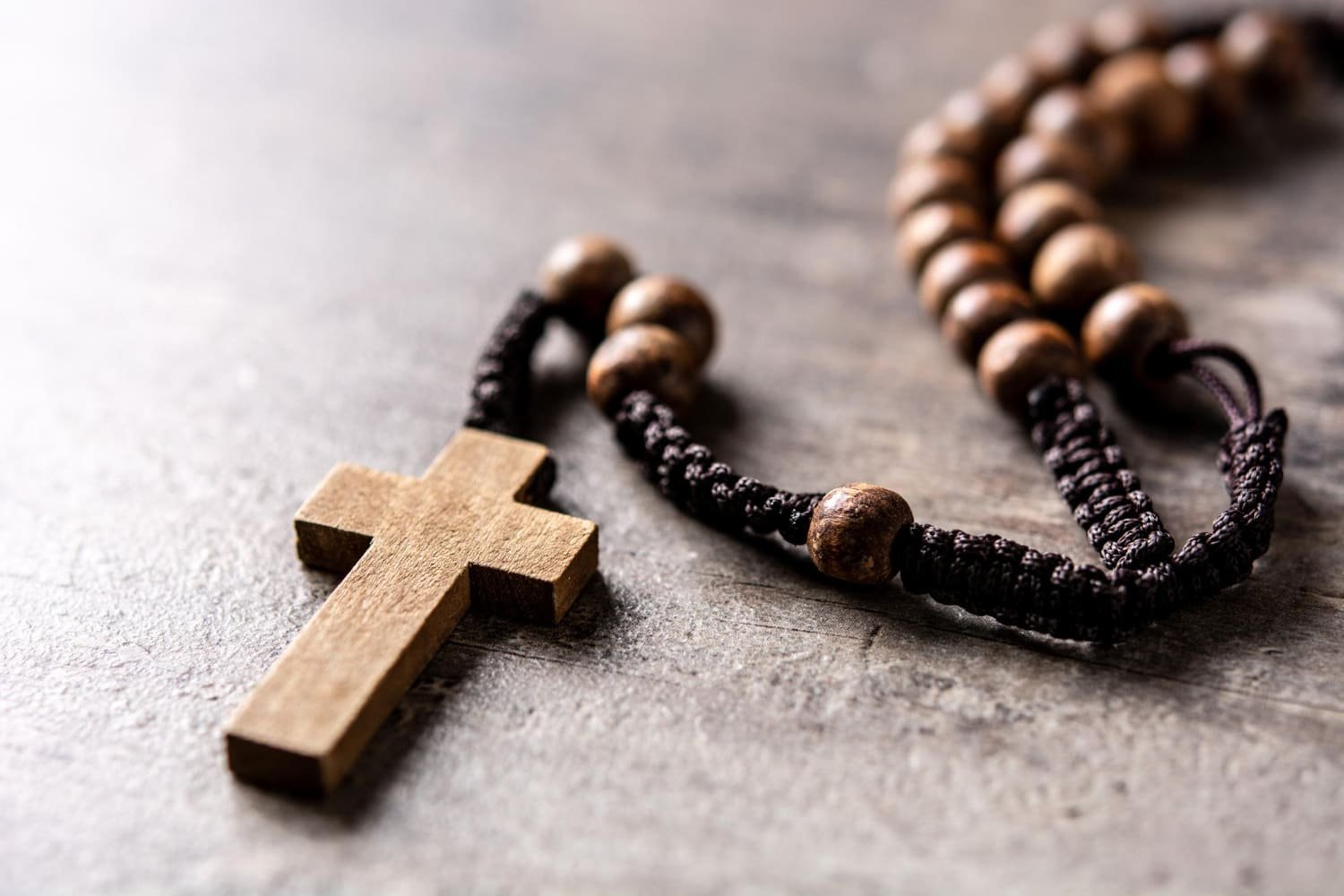Catholicism and Protestantism are two of the largest branches of Christianity, with a long and complex history of differences and similarities. These differences range from theological and liturgical practices to cultural and social values.
While both religions share a belief in Jesus Christ as the Son of God and the Savior of humanity, they differ in their interpretation of the Bible, the role of the Church, and the nature of salvation.
One of the main differences between Catholicism and Protestantism is the concept of authority.
Catholics believe in the authority of the Church, as represented by the Pope and the bishops, as well as the authority of the Bible and the tradition of the Church. Protestants, on the other hand, reject the authority of the Pope and the bishops, and emphasize the authority of the Bible alone.
This fundamental difference has led to a range of other differences, such as the role of Mary and the saints, the use of sacraments, and the nature of worship.
Another key difference between Catholicism and Protestantism is their approach to salvation. Catholics believe in the concept of salvation through faith and good works, whereas Protestants emphasize salvation through faith alone.
This difference has led to different attitudes towards sin, repentance, and forgiveness, as well as different interpretations of the role of the Church in the salvation process. While both religions offer a path to salvation, they differ in their understanding of what that path entails and how it is achieved.
History of Catholicism and Protestantism
Christianity originated in the Middle East and spread throughout the Roman Empire in the first century AD. However, the church gradually became corrupt and lost sight of its original teachings. This led to the Protestant Reformation in the 16th century, which was a movement to reform the Catholic Church.
The Protestant Reformation began in Germany in 1517 when Martin Luther, a Catholic monk, posted his 95 Theses on the door of a church in Wittenberg. Luther’s ideas spread quickly throughout Europe, and many people began to question the authority of the Catholic Church.
Protestantism is a general term that refers to Christianity that is not subject to papal authority. The Catholic Church, on the other hand, is headed by the Pope and is the largest Christian denomination in the world. The Catholic Church traces its origins back to the apostle Peter, whom Jesus appointed as the leader of his disciples.
Over the centuries, the Catholic Church has been a major force in European history. It played a significant role in the development of Western civilization and was instrumental in spreading Christianity throughout the world. However, the church has also been criticized for its corruption, its involvement in politics, and its treatment of non-Catholics.
Today, there are over one billion Catholics in the world, making it the largest Christian denomination. Protestantism, on the other hand, is a diverse group of denominations that includes Anglicans, Baptists, Methodists, Lutherans, and many others. Protestantism has had a major impact on the world, particularly in the areas of science, literature, and politics.
Beliefs and Practices of Catholicism
Catholicism is a branch of Christianity that has its roots in the Roman Catholic Church. It is the largest Christian denomination in the world, with over 1.3 billion followers. The beliefs and practices of Catholicism are based on the teachings of the Bible, the traditions of the Church, and the authority of the Pope.
One of the central beliefs of Catholicism is the concept of the Holy Trinity, which holds that there is one God in three persons: the Father, the Son, and the Holy Spirit. Catholics believe that Jesus Christ is the Son of God and the savior of humanity, and that he died on the cross to atone for the sins of the world.
Catholics also believe in the concept of original sin, which holds that all humans are born with a sinful nature inherited from Adam and Eve. They believe that baptism is necessary to remove this sin and to initiate a person into the Church.
In addition to baptism, Catholics practice six other sacraments: confirmation, the Eucharist, penance, anointing of the sick, holy orders, and matrimony. These sacraments are considered to be outward signs of inward grace, and they are believed to confer spiritual benefits on those who receive them.
Catholicism also places a strong emphasis on the Virgin Mary and the saints, whom they believe can intercede on behalf of believers. Catholics pray to Mary and the saints for their help and guidance, and they also venerate their relics and images.
Overall, Catholicism is a complex and multifaceted religion with a rich history and tradition. Its beliefs and practices are deeply rooted in the teachings of the Bible and the traditions of the Church, and they continue to shape the lives of millions of people around the world.
Beliefs and Practices of Protestantism
Protestantism is a branch of Christianity that emerged during the 16th century Reformation. It is characterized by its rejection of the authority of the Pope and the Catholic Church.
Instead, Protestants believe in the authority of the Bible and the priesthood of all believers. One of the key beliefs of Protestantism is justification by faith alone. This means that salvation is a gift of God, and it cannot be earned through good works or religious rituals.
Protestants also believe in the concept of sola scriptura or the Bible alone as the source of religious authority. Protestant worship services are often simpler than Catholic Masses, with a greater emphasis on preaching and singing hymns.
Many Protestant churches do not have elaborate decorations or statues, and some do not even have a physical altar. There is a great deal of diversity within Protestantism, with many different denominations and traditions.
Some of the most well-known Protestant denominations include Lutheranism, Presbyterianism, Methodism, and Baptist. Each of these denominations has its own unique beliefs and practices, but they all share a commitment to the principles of the Reformation.
Overall, Protestantism is characterized by its emphasis on individual interpretation of the Bible and the importance of personal faith. While there are many different traditions within Protestantism, they all share a common commitment to the authority of the Bible and the priesthood of all believers.
Differences Between Catholicism and Protestantism
Catholicism and Protestantism are two of the largest denominations of Christianity, and they have several differences in their beliefs and practices. One of the most significant differences is the authority of the Bible.
Protestants believe that the Bible is the sole source of God’s revelation to mankind and teaches all that is necessary for salvation. In contrast, Catholics believe that the Bible is one of the sources of God’s revelation, along with tradition, the teachings of the Church, and the Pope’s authority.
Another difference between Catholicism and Protestantism is the role of Mary, the mother of Jesus. Catholics believe that Mary is a mediator between God and man, and they pray to her for intercession. In contrast, Protestants believe that Jesus is the only mediator between God and man, and they do not pray to Mary or any other saints.
One of the most significant differences between Catholicism and Protestantism is the doctrine of justification. Catholics believe that justification is a process that involves faith, good works, and the sacraments. They believe that salvation is not guaranteed, and one can lose it through sin. In contrast, Protestants believe that justification is by faith alone, and salvation is a gift from God that cannot be earned or lost.
Another significant difference between Catholicism and Protestantism is the sacraments. Catholics believe in seven sacraments, which include Baptism, Confirmation, Eucharist, Penance, Anointing of the Sick, Holy Orders, and Matrimony. Protestants only recognize two sacraments, which are Baptism and the Lord’s Supper.
In summary, Catholicism and Protestantism have several differences in their beliefs and practices, including the authority of the Bible, the role of Mary, the doctrine of justification, and the sacraments. These differences have led to significant theological debates and controversies throughout history.
Similarities Between Catholicism and Protestantism
While there are many differences between Catholicism and Protestantism, there are also some similarities that they share. Here are a few:
- Belief in the Holy Trinity: Both Catholics and Protestants believe in the Holy Trinity, which consists of God the Father, God the Son (Jesus Christ), and God the Holy Spirit.
- Belief in the Bible: Both Catholics and Protestants believe in the Bible as the word of God. However, they differ in their interpretation and use of the Bible.
- Belief in the Sacraments: Both Catholics and Protestants believe in the sacraments, which are sacred rituals that are believed to convey God’s grace to the believer. However, they differ in the number and nature of the sacraments.
- Belief in the Resurrection: Both Catholics and Protestants believe in the resurrection of Jesus Christ, which is a central tenet of Christianity.
- Belief in the Second Coming: Both Catholics and Protestants believe in the Second Coming of Jesus Christ, which is the belief that Jesus will return to Earth at some point in the future.
Despite these similarities, there are also significant differences between Catholicism and Protestantism, which are explored in more detail in other sections of this article.
Contemporary Issues and Debates
While there are many similarities between Catholicism and Protestantism, there are also some contemporary issues and debates that continue to distinguish the two traditions. One of the most significant differences is the role of women in the church.
While some Protestant denominations have ordained women as pastors and ministers, the Catholic Church does not allow women to be ordained as priests. This has been a contentious issue for many years, with some Catholics advocating for change and others arguing that it goes against church tradition and doctrine.
Another issue that has caused debate between Catholics and Protestants is the role of the Bible. While both traditions hold the Bible as sacred scripture, there are differences in how it is interpreted and understood.
For example, Protestants generally believe in the principle of “Sola Scriptura,” which means that the Bible is the sole authority for Christian faith and practice. Catholics, on the other hand, believe in the authority of both scripture and tradition, and the interpretation of scripture is guided by the teaching authority of the church.
Salvation is another area of difference between Catholics and Protestants. While both traditions believe in salvation through faith in Jesus Christ, there are differences in how it is understood and achieved.
Protestants generally believe in the doctrine of “Sola Fide,” which means that salvation is achieved through faith alone. Catholics, on the other hand, believe in the importance of good works and sacraments in achieving salvation.
Finally, there is also debate over the issue of Mary, the mother of Jesus. Catholics hold Mary in high esteem and believe in her role as the Mother of God. Protestants, on the other hand, generally do not place as much emphasis on Mary and see her as a faithful servant of God but not divine or worthy of worship.
Conclusion
Overall, the differences between Catholicism and Protestantism are significant, but ultimately it is up to the individual to decide which one is better for them. Both religions have their strengths and weaknesses, and it is important to carefully consider each one before making a decision.
One major difference between the two is the role of tradition. Catholics place a strong emphasis on tradition, while Protestants focus more on the Bible. This can lead to different interpretations of certain religious practices and beliefs.
Another difference is the concept of salvation. Protestants believe in salvation through faith alone, while Catholics believe in a combination of faith and good works. This can lead to different attitudes towards sin and forgiveness.
Despite these differences, both religions share a common belief in Jesus Christ as the Son of God and the Savior of humanity. They also both place a strong emphasis on love, compassion, and service to others.
Ultimately, the decision between Catholicism and Protestantism should be based on personal beliefs, values, and preferences. It is important to do thorough research and seek guidance from trusted religious leaders before making a decision.

